Program
Program-at-a-Glance
Full Conference Agenda
Keynote Talks

Juan Manuel Corchado
Director - European IoT Digital Innovation Hub, Director - BISITE Research Group, President - Air Institute
University of Salamanca
Spain
Smart development of IoT management systems for Industry 4.0
Biographical Sketch
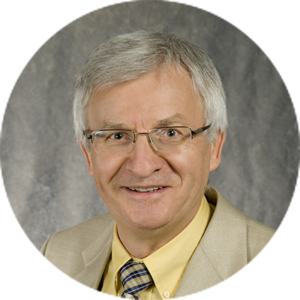
Andrew Kusiak
Professor, Department of Industrial and Systems Engineering
University of Iowa
Iowa, USA
From Digital to Universal Manufacturing: A Technology and Social Acceptance Journey
Biographical Sketch

Tuğrul Özel
Full Professor, Director of Manufacturing and Automation Research Lab
Rutgers University - New Brunswick
New Jersey, USA
Digital twin development for simulation of machining and metal additive manufacturing processes
Biographical Sketch
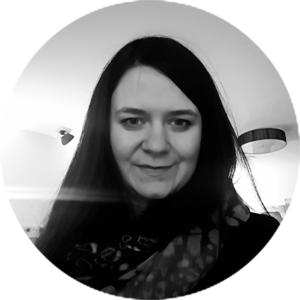
Sophie Pachner
R&D Engineer
EREMA Recycling Machinery
Austria
Digitalization as enabler for Circular Economy – Use Cases from the industry’s point of view
Biographical Sketch
Enjoy your stay
Social Activities
Monday, 17-11-2021
Welcome Reception Event @ Ars Electronica Center
Address
Ars-Electronica-Straße 1, 4040 Linz, Austria

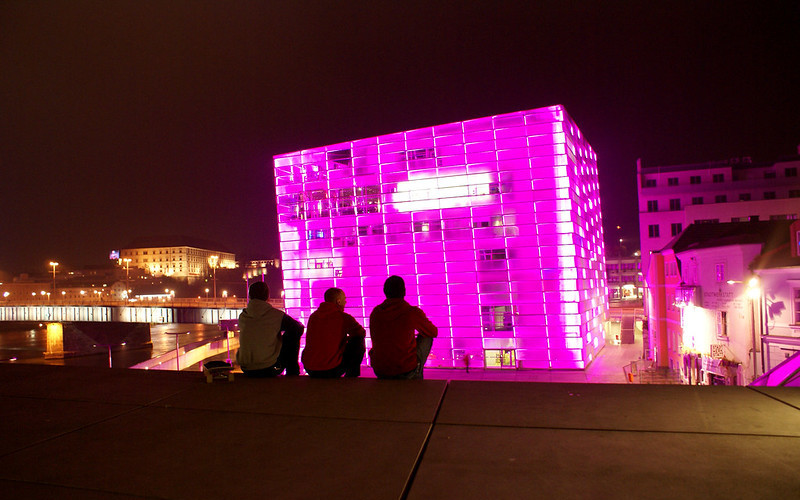
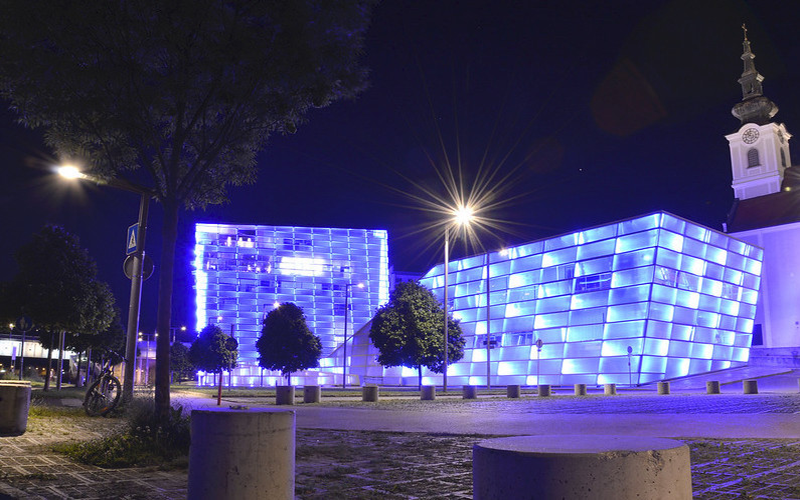

Monday, 18-11-2021
Gala Dinner @ Pöstlingberg Schlössl
Address
Am Pöstlingberg 14, Linz, Austria
Website
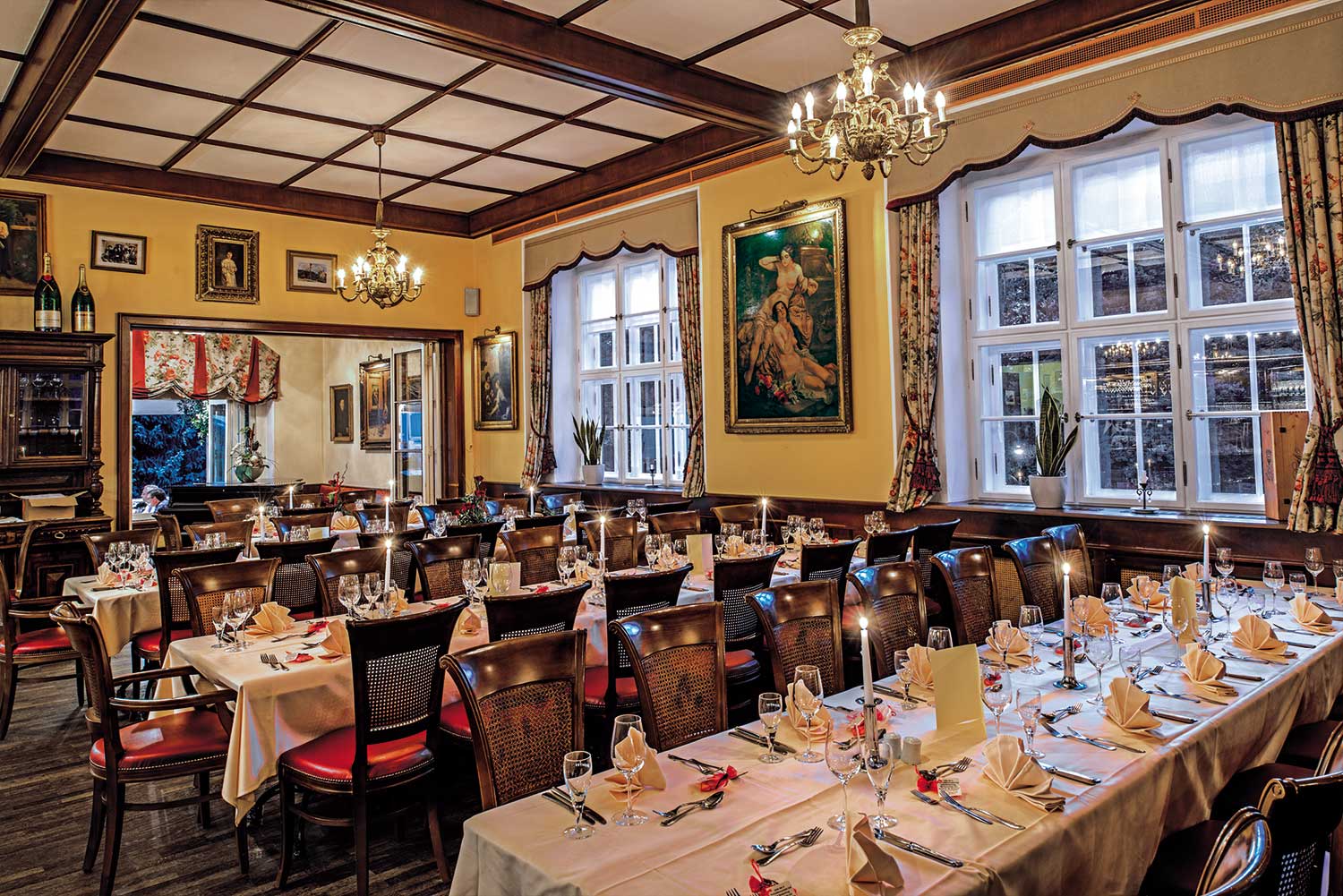


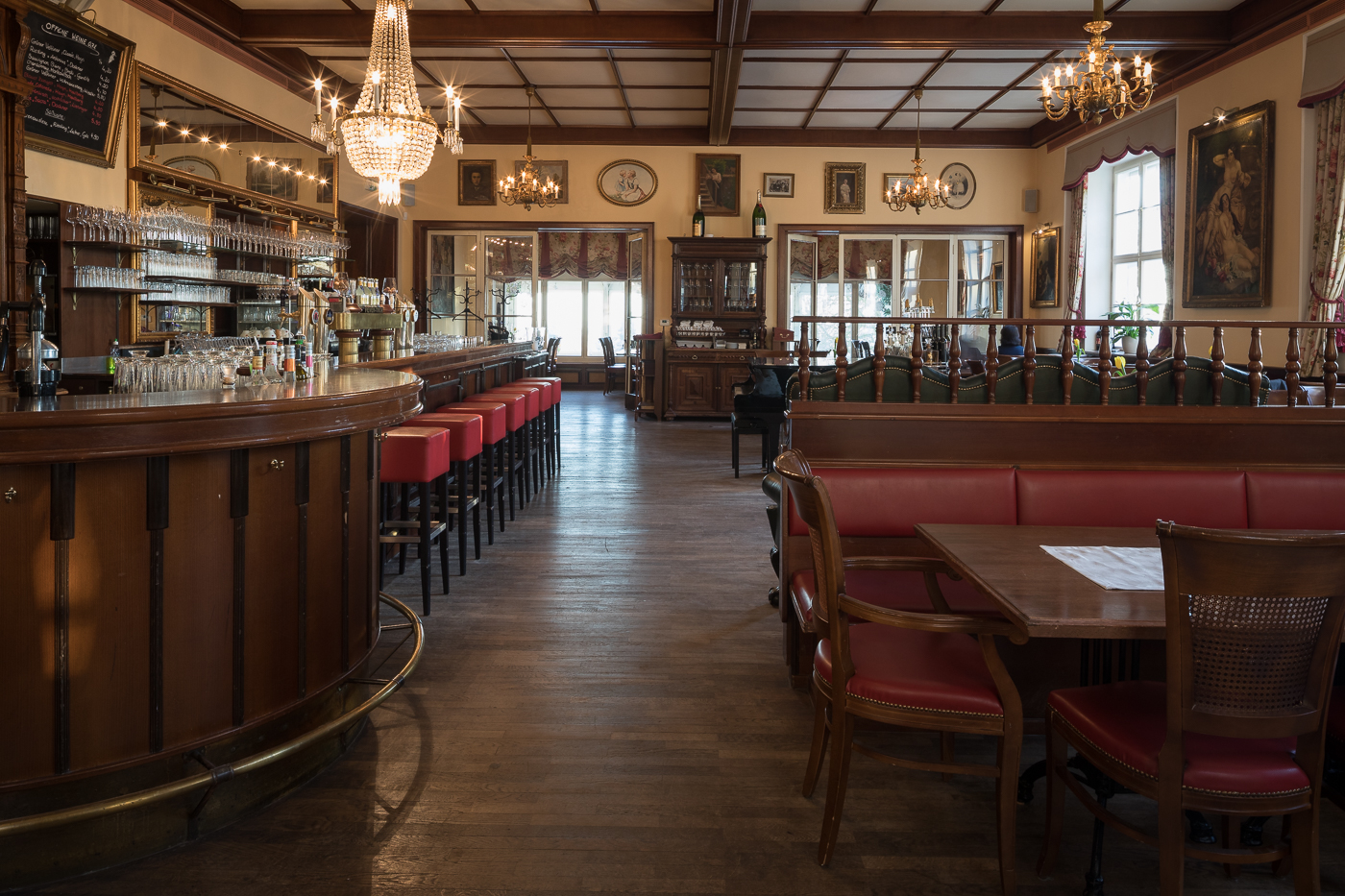
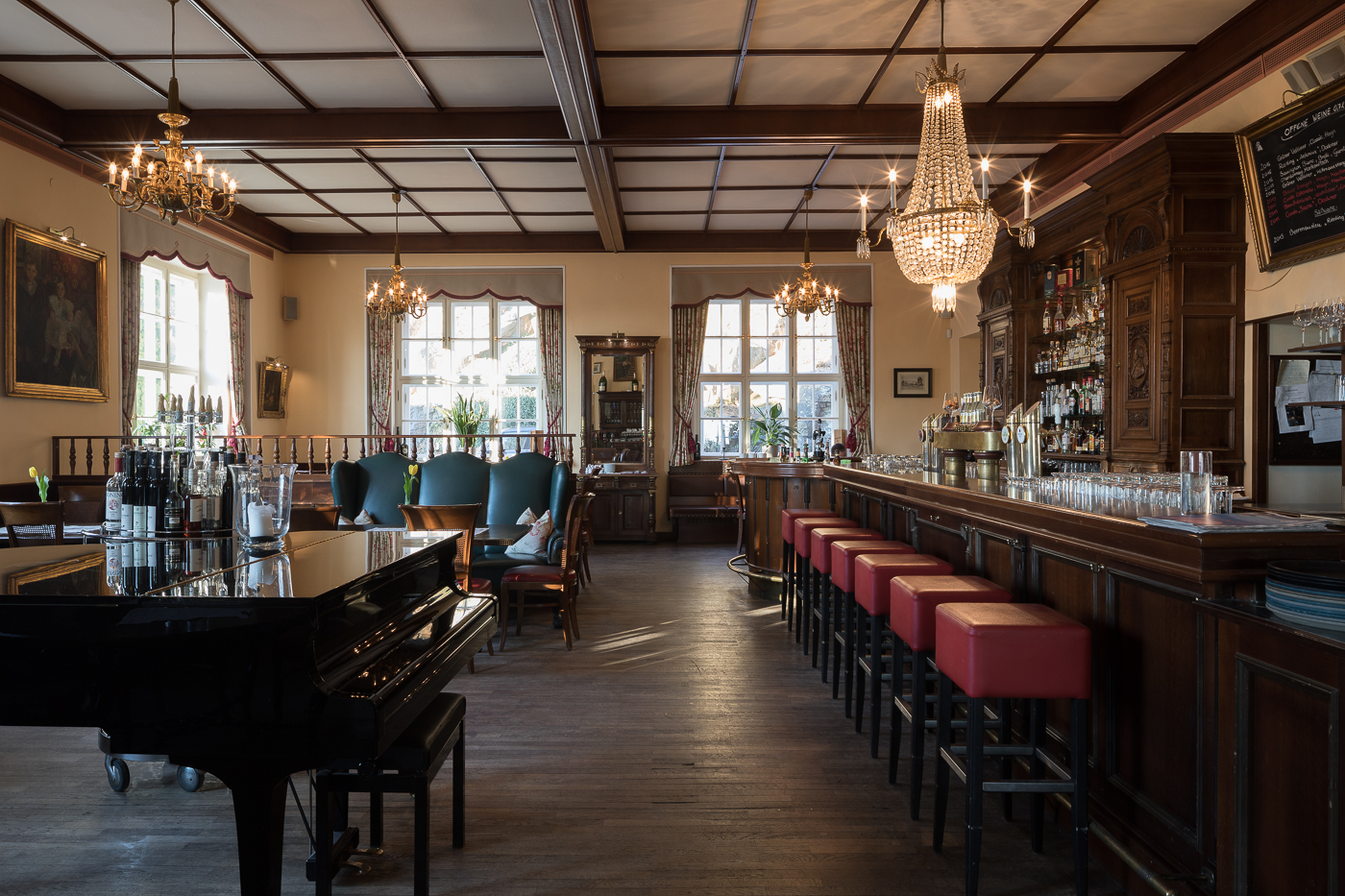

Special Sessions
R&D Projects Dissemination Event @ISM 2021
With this in mind, ISM 2021 is organizing this special “R&D Projects Dissemination Event” dedicated to oral presentations of ongoing or final results of R&D projects in all the areas related to the conference topics. This special event will represent a unique platform for companies, research bodies and universities to:
- disseminate their project progress and results to the relevant scientific communities, potential investors, stakeholders, regulatory bodies, potential users, and lay audience;
- find other R&D project partnership opportunities with other speakers or people of the audience.
We have limited slots for presentations, therefore be sure to book your opportunity as soon as possible!
Panel
The Role of 5G and next-generation Wireless Communication Technologies in the 4th Industrial Revolution

Christoph Uferer
Principal
Arthur D. Little
Austria
Talk abstract
Biographical Sketch
Christoph is a Principal based in the Vienna office of Arthur D. Little and a member of the global TIME practice. Christoph is a topic expert in: (i) Technology & innovation; (ii) Mobile network technology (5G) and (iii) Network virtualization and data centers. Christoph has 6+ years of experience advising senior executives and decision-makers of telecom operators and investment funds globally. Prior to joining ADL, Christoph conducted internships in consulting and investment banking. Christoph holds a master’s degree (business innovation) from the University of London and a bachelor’s degree (international business) from the Vienna University of Economics and Business.
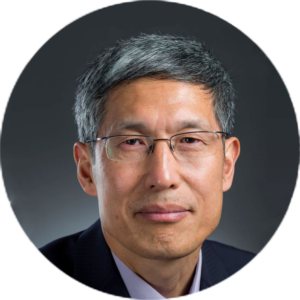
Weiming Shen
Professor
Huazhong University of Science and Technology (HUST)
China
Talk abstract
Biographical Sketch
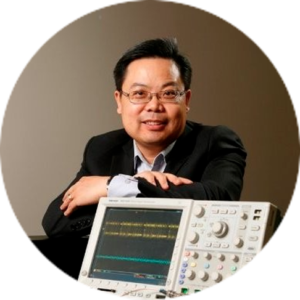
Xianbin Wang
Professor and Tier-1 Canada Research Chair
Western University
Canada
Talk abstract
Biographical Sketch

Renxi Qiu
Senior Lecturer
University of Bedfordshire
United Kingdom
Talk abstract
Biographical Sketch
Panel
Going from the lab to the field: challenges of the digital transformation and research inspirations from Austrian manufacturing companies' use cases
Panel
The impact of Industry 5.0 on global manufacturing and industrial environment
Moderator
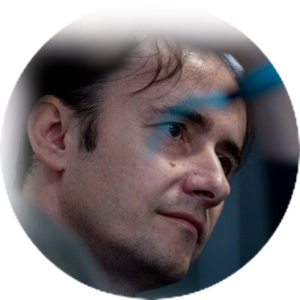
Michael Rada
President
IBCSD LAB s.r.o.
Czech Republic
Speakers and talks
Are you interested in setting up a Special Session @ ISM?
Regular & Invited Sessions
Regular sessions cover the topics of the conference and mainly group the papers that fall within a specific research subject and submitted to the regular program.
Invited Sessions consist of papers collected within the scope of an Open Track proposed by one or more organizers. Papers are mainly based on personal invitation by the Open Track organizer(s) but may also include papers submitted to the regular program.
Regular and Invited Sessions will last about 1 hour and 30 minutes and may include between 4 and 5 papers. Contributions can be either regular papers or short papers (min 3 pages length) and they will appear in the conference proceedings.
Reviewing Process
Each paper submitted to the conference will be individually peer-reviewed by at least two expert reviewers taking into consideration scientific quality, originality and relevance. At the discretion of the IPC and considering the reviewers’ comments, individual papers may be accepted for inclusion in the conference proceedings. The revised paper will then undergo a second round of reviews to check whether the authors have carefully addressed the reviewers’ comments and the paper is fully acceptable for publication. At the discretion of the program committee, individual papers may be removed from an invited session and placed in the regular program, as well as appropriate contributed papers may be moved to an invited session.
Presentation Formats and Speakers' Instructions
- prepare the presentation of their work using the templates below. A traditional template and video presentation templates are available.
- record the presentation (with audio narration) for backup purposes according to the guidelines below
- upload the exported video using the form below. Along with the video, please upload the presenting author’s biographical information (max 100 words) that will be used for introducing the presenters during the session.
Build and enlarge your network
Interaction Virtual Rooms
Organized by

For further info, please contact
